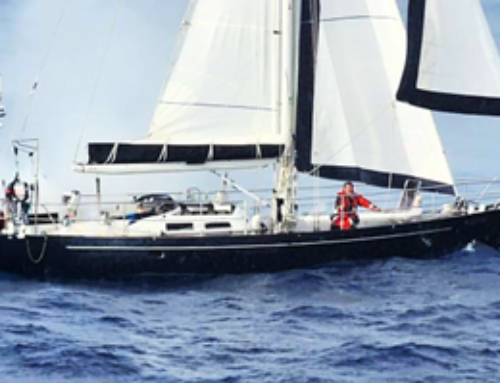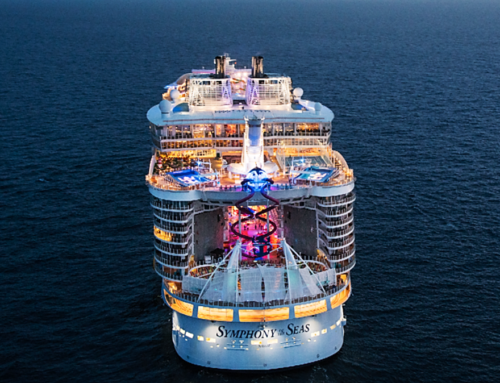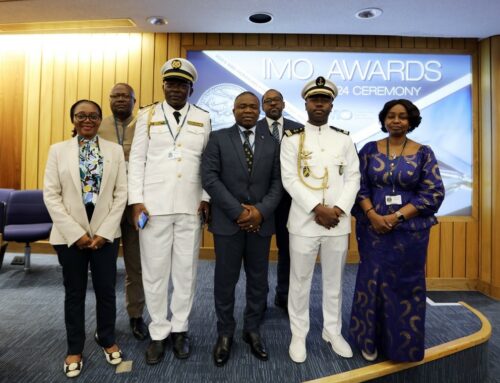Victory for Maritime Workers: Fifth Circuit Reverses Denial of Jones Act Claims in Landmark Case
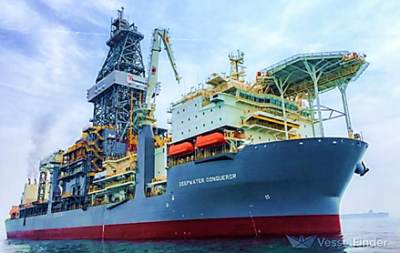 In an important ruling that underscores the protections afforded to maritime workers, on August 7th, 2024, the United States Court of Appeals for the Fifth Circuit has handed down a decision in favor of Shanon Roy Santee, a remote-operated vehicle (ROV) technician injured while working offshore. This decision not only reverses a lower court’s denial of Santee’s motion to remand, but also emphasizes the rights of seafarers under the Jones Act.
In an important ruling that underscores the protections afforded to maritime workers, on August 7th, 2024, the United States Court of Appeals for the Fifth Circuit has handed down a decision in favor of Shanon Roy Santee, a remote-operated vehicle (ROV) technician injured while working offshore. This decision not only reverses a lower court’s denial of Santee’s motion to remand, but also emphasizes the rights of seafarers under the Jones Act.
The Case Background
Shanon Roy Santee spent over two decades in the offshore drilling industry, primarily working as an ROV (remote-operated vehicle) technician. These highly specialized machines are vital in providing underwater visibility, as well as performing tasks unreachable by human divers, making them essential to offshore drilling operations. Santee’s career saw him working mostly aboard the M/V Deepwater Conqueror, a drillship operated by Transocean and contracted by Chevron for underwater exploration and drilling services.
In January 2021, while performing routine maintenance on a launch and recovery system for an ROV, Santee suffered a severe shoulder and neck injury. The injury eventually required surgical fusion of vertebrae in his neck. Following this, Santee filed a lawsuit in Texas state court against Oceaneering International, Inc., Transocean Offshore Deepwater Drilling, Inc., and Chevron USA, Inc., invoking the Jones Act, among other claims.
 District Court’s Initial Ruling
District Court’s Initial Ruling
The defendants quickly removed the case to the Southern District of Texas, asserting federal jurisdiction under the Outer Continental Shelf Lands Act (OCSLA). The defendants contended that Santee was not a Jones Act seaman, and instead bound to the exclusive remedy provisions of the Longshore and Harbor Workers’ Compensation Act (LHWCA), and had “fraudulently pleaded” his claim to avoid federal jurisdiction. The district court initially agreed, ruling that Santee’s connection to the vessel was too transient and not substantial enough to warrant seaman status. Consequently, the court granted summary judgment in favor of the defendants.
The Appeal and U.S. Fifth Circuit’s Decision
Santee proceeded to appeal the court’s ruling decision. The U.S. Fifth Circuit of Appeals took a fresh look at the case, focusing on the definition and status of a seaman under the Jones Act. The Jones Act provides seamen the right to sue their employers for greater damages due to negligence resulting in injury, if they meet specific criteria. Here are the standards the Court identified:
- Was the plaintiff exposed to the dangers or “perils” of the sea?
- Does the plaintiff have a obligation or “allegiance” to the vessel, instead of toward a land-based employer?
- Is the Plaintiff’s work sea-based, or involve seagoing activities?
- Is the plaintiff’s obligation to the vessel an individual task, or is it ongoing sea-based employment?
The U.S. 5th Circuit appellate court found several flaws in the district court’s analysis for Mr. Santee’s case:
- Contribution to the Vessel’s Mission: The Court found that Santee’s duties as an ROV technician were integral to the operations of the Deepwater Conqueror, clearly meeting the first criterion of the seaman test.
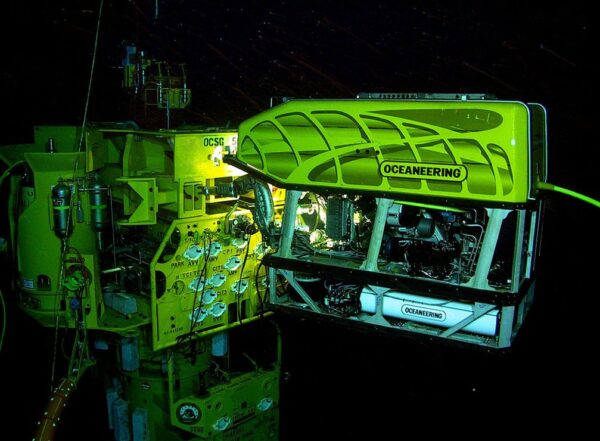
ROV (remote-operated vehicle) at work in a oil and gas field
- Substantial Connection: Despite arguments to the contrary, the Fifth Circuit noted that Santee spent over 96% of his working time aboard the Deepwater Conqueror over the last five years. This substantial connection in duration and nature underscored his seaman status.
The court highlighted that Santee was exposed to the “perils” of the sea, and had an “allegiance” to both the vessel and his employer. The ruling also emphasized that his assignments were not transient, individual tasks, but were part of ongoing and critical operations aboard the vessel.
Implications of the Ruling
The Fifth Circuit’s decision to reverse and remand the case to state court is a significant victory for Santee, and potentially many other maritime workers. By recognizing Santee’s seaman status under the Jones Act, the court reaffirmed the rights of maritime workers who are integral to the function and mission of vessels.
This landmark ruling serves as a reminder of the vital protections the Jones Act offers to maritime workers. It ensures that those who dedicate their careers to the demanding and often perilous work at sea can seek adequate justice and compensation in a court of law. For Shanon Roy Santee, this decision marks a life-changing step towards securing the compensation and recognition he deserves following his career-altering injury.
As the case returns to Texas state court, it stands as a testament to the enduring principles of maritime law and the unwavering rights of seafarers to pursue claims under the Jones Act.
We at the Herd Law Firm are proud to fight for seamen, maritime workers and passengers in all types of personal injury and death claims. As maritime personal injury attorneys located in northwest Houston, we never waver in our commitment to help these maritime workers, passengers, and their families when they are injured or mistreated.
8/8/2024
Photo Credit: vesselfinder.com







